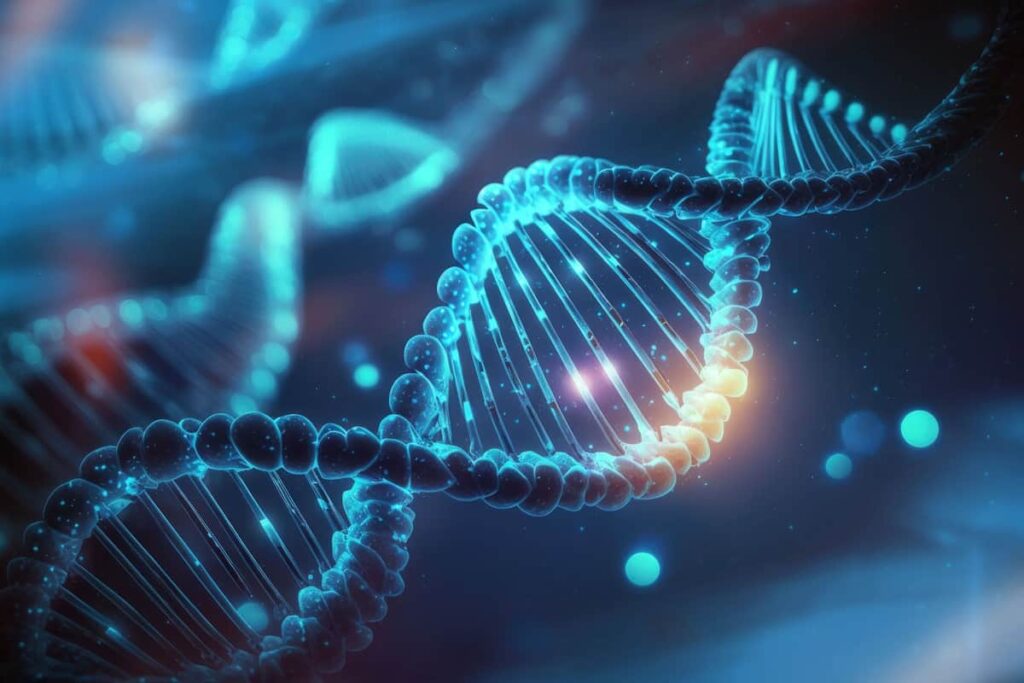Intrexon Aquires an Arctic Apple That Doesn’t Brown
Table of contents
Table of contents

We’ve written about Intrexon (NYSE:XON) before, a synthetic biology company that’s diversifying their technology across a broad number of industry applications with some that are remarkable such as cloning your pet or creating modified bacteria that can produce therapeutic proteins when they enter your digestive tract. This month saw Intrexon breaking new highs trading up +14% on news of analyst upgrades of the stock. Also in this month, Intrexon announced the acquisition of an interesting company called Okanagan Fruits.
About Okanagan Fruits
Okanagan’s stockholders will receive $31 million in Intrexon common stock and $10 million in upfront cash, the transaction of which is anticipated to close in the first half of this year. So what did Intrexon acquire here? Okanagan’s lead product is the Arctic apple, a type of apple which doesn’t brown. Arctic apples have been in development since 1997 with test orchards planted in 2003 to 2005. Just last month, the Company received approval from the Canadian Food Inspection Agency and the FDA to grow and market Arctic Granny Smith and Golden Delicious varieties commercially in the US and Canada. So what’s so special about apples that don’t brown? Well, one of the things stopping pre-sliced apples from being marketed as a healthy on-the-go snack in the same way that baby carrots have is the fact that they brown shortly after being sliced and appear visually unappealing. Okanagan hopes that their Arctic apple varieties can create an opportunity for fruit producers to now enter the healthy snack market.
In addition to apples, the company is also looking at pears, cherries, and peaches with a primary focus on introducing superior traits such as resistance to diseases. Not only can this increase fruit yields but it can also decrease the costs and environmental impact of chemical treatments typically required to prevent these diseases in the past.
One public relations battle that Intrexon may soon face is the massive backlash that companies such as Monsanto have encountered when trying to market genetically modified organisms (GMO). Intrexon’s desire to move into genetically modified foods is apparent when they state in their most recent revenue filing the massive revenue opportunities available:
While genetically modified salmon or trout may be considered new products, the global market for aquaculture is valued at approximately $144 billion. Genetically modified agricultural plants are already grown on more than 180 million hectares around the world and are worth an estimated $15 billion.
Conclusion
Aside from Intrexon’s strong stock performance since their IPO, the company remains attractive because their revenue streams are diversified across industries, their “Exclusive Channel Collaboration (ECC)” business model removes a great deal of operational risk, and they’re just plain interesting to watch. Now let’s see if Intrexon (NYSE:XON) can manage to market their newly acquired fruits without too much backlash from concerned growers.
Sign up to our newsletter to get more of our great research delivered straight to your inbox!
Nanalyze Weekly includes useful insights written by our team of underpaid MBAs, research on new disruptive technology stocks flying under the radar, and summaries of our recent research. Always 100% free.















